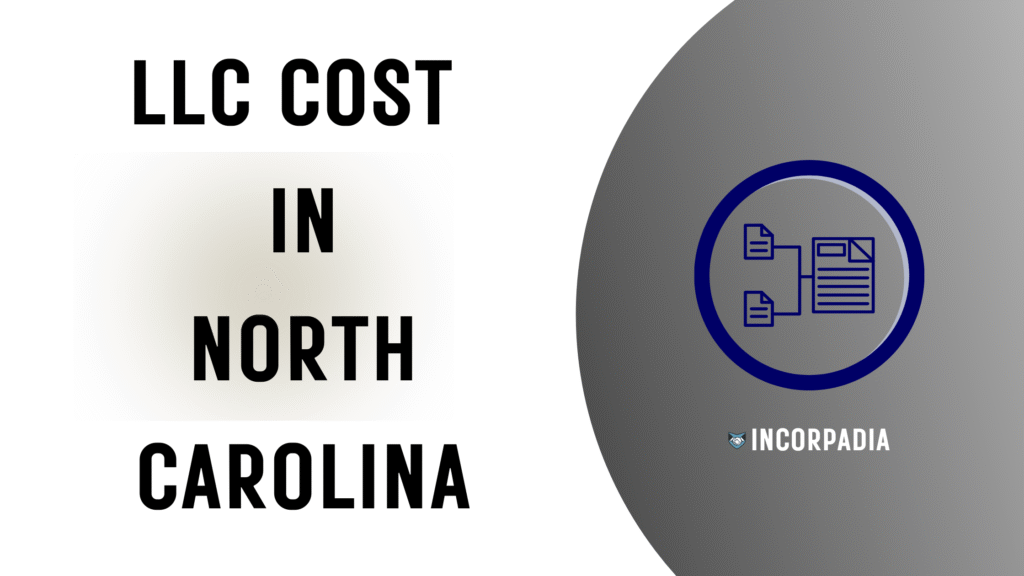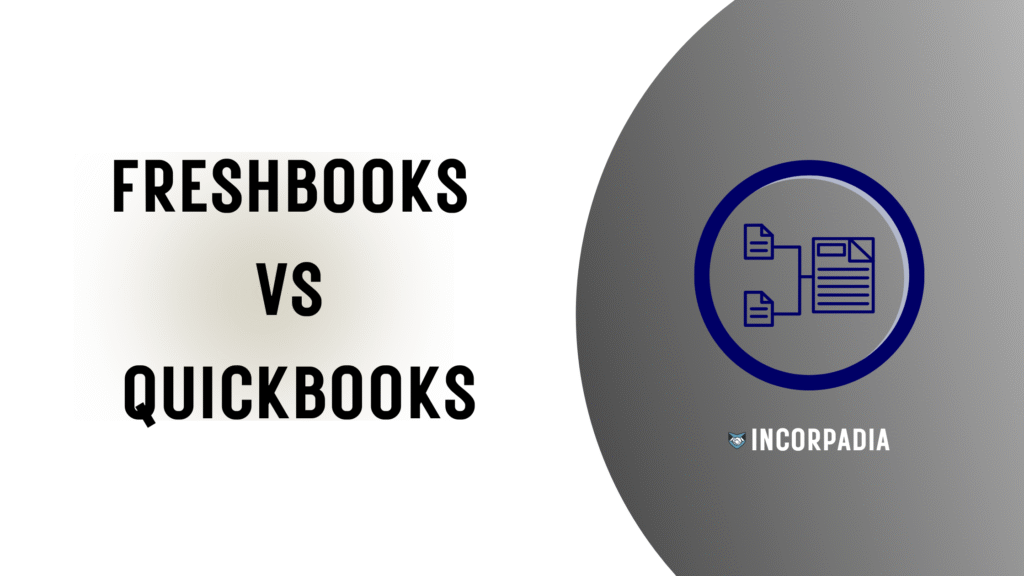Starting a business in North Carolina can be an exciting venture, and one of the first crucial steps is deciding on the right legal structure. Among the most popular choices for small business owners is the Limited Liability Company (LLC). This type of business structure offers several advantages, including personal asset protection, tax flexibility, and a relatively simple formation process. Whether you’re launching a new business or transitioning from a sole proprietorship or partnership, forming an LLC in North Carolina is a smart choice that can provide a solid foundation for long-term success.
An LLC combines the flexibility of a partnership with the liability protection of a corporation, making it an attractive option for many entrepreneurs. By forming an LLC, you protect your personal assets—such as your home and personal savings—while enjoying the freedom to manage your business with fewer formalities than a corporation. LLCs are also generally more tax-efficient because they allow profits and losses to “pass through” to members, avoiding the double taxation that corporations face.
The process of starting an LLC in North Carolina is relatively simple, but it does require attention to detail. From choosing a name for your LLC to filing the necessary forms with the state, each step is important to ensure your LLC is set up correctly and legally compliant. Additionally, there are some ongoing responsibilities, such as filing annual reports and understanding how your LLC will be taxed.
This step-by-step guide will walk you through the entire process of forming an LLC in North Carolina in 2025, breaking down each stage clearly and simply. Whether you are starting your first business or are experienced in business formation, this guide will provide the essential information you need to get your LLC up and running.
Costs Summary
| Item | Cost (USD) | Notes |
|---|---|---|
| Articles of Organization | $125 | One-time state filing fee |
| Annual Report | $200 | Due every year by April 15 |
| Registered Agent | $0–$125/year | Optional; free if you act as your own agent |
| Operating Agreement | $0–$1,000 | Optional; recommended for multi-member LLCs |
| Employer Identification Number (EIN) | $0 | Free through the IRS |
Here Are the Steps to Forming an LLC in North Carolina
Forming an LLC in North Carolina is a straightforward process that provides entrepreneurs with personal asset protection, tax flexibility, and a professional business structure. This guide will walk you through the necessary steps, from choosing a name to filing important documents, ensuring your LLC is established successfully and compliantly.
1. Search Your LLC Name
Choosing the right name for your LLC is crucial. Your LLC’s name is how potential customers and clients will identify you, so it should be unique, memorable, and relevant to the business you plan to run. However, the name must meet a few specific requirements under North Carolina law.
Naming Requirements for Your LLC
- Uniqueness: The name must be distinguishable from any existing businesses registered with the North Carolina Secretary of State. To ensure your desired name is available, you’ll need to do a business name search.
- Inclusion of “LLC”: The name of your LLC must include “Limited Liability Company,” “LLC,” or “L.L.C.” This is a legal requirement in North Carolina.
- Avoid Prohibited Words: Some terms are restricted or require approval from other state agencies before they can be included in your business name. These terms may include words like “bank,” “insurance,” “trust,” or any terms that could imply that your LLC is engaging in regulated activities unless you have the proper licenses.
Once you’ve confirmed that your name meets these requirements, it’s time to check if it’s available for registration. You can search for business names in North Carolina using the Secretary of State’s online search tool.
2. Choose a Registered Agent
A Registered Agent acts as the official point of contact between your LLC and the state. This person or business entity is responsible for receiving legal documents, notices, and any important mail related to your LLC’s legal standing.
Who Can Be Your LLC Registered Agent?
In North Carolina, your LLC’s Registered Agent must:
- Be a resident of North Carolina or a business entity authorized to do business in the state.
- Have a physical street address (P.O. Boxes are not accepted).
- Be available during business hours to receive legal notices.
As the business owner, you can choose to act as your own Registered Agent. However, many entrepreneurs prefer to hire a professional Registered Agent service. The advantage of a professional service is that it allows you to keep your personal information private and ensures you don’t miss any important legal documents.
3. File Articles of Organization
Once you’ve chosen your LLC name and Registered Agent, the next step is to officially file the Articles of Organization. This document is the formal application to the state to create your LLC and includes essential information about your business.
What’s Included in the Articles of Organization?
- The name of your LLC.
- The address of the principal office of the LLC.
- The name and address of your Registered Agent.
- Whether the LLC will be managed by its members or by managers.
- The effective date of your LLC, which can be the filing date or a future date.
You can file your Articles of Organization online through the North Carolina Secretary of State’s website, or you can submit the form by mail. There is a filing fee of $125, and the processing time for online filings typically takes about 2-5 business days.
4. Create an Operating Agreement
While an Operating Agreement is not a legal requirement in North Carolina, it’s highly recommended for LLC owners. An Operating Agreement is an internal document that outlines how your LLC will operate and sets clear expectations for all members involved. This document helps prevent disputes down the road and provides clarity about important issues.
What Should Be Included in the Operating Agreement?
Your Operating Agreement should include the following details:
- Ownership Structure: A breakdown of the percentage of ownership for each member of the LLC.
- Management Structure: Whether the LLC will be managed by its members or by a designated manager.
- Distribution of Profits and Losses: How the LLC’s profits and losses will be divided among the members.
- Member Roles and Responsibilities: A detailed description of each member’s duties and obligations within the LLC.
- Dispute Resolution: A process for resolving conflicts between members.
Having a clear Operating Agreement in place can prevent misunderstandings and protect your LLC’s interests in the event of disagreements.
5. Obtain an EIN (Employer Identification Number)
An Employer Identification Number (EIN) is essentially the Social Security Number for your business. It’s used for tax purposes and is required by the IRS if your LLC has more than one member or if you plan to hire employees.
Even if you don’t have employees, it’s still a good idea to get an EIN because it’s often required to open a business bank account and can help protect your personal Social Security Number.
How Can You Get an EIN?
Getting an EIN is easy and free. You can apply for one directly from the IRS either online or by submitting Form SS-4. The online application process is typically the quickest method and you’ll receive your EIN immediately after completing the application.
What to Do After Your LLC Is Approved
Once your LLC is officially formed, there are a few additional steps to ensure that your business remains compliant with North Carolina laws and regulations. These include filing annual reports, maintaining good standing, and understanding how your LLC will be taxed.
How Much Does a North Carolina Annual Report Cost?
North Carolina requires LLCs to file an Annual Report to remain in good standing. The annual report is due each year, and failure to file can result in penalties or the dissolution of your LLC.
The filing fee for the annual report is $200 if you file by mail, or $203 if you file online.
When Is the Annual Report Due?
In North Carolina, your LLC’s Annual Report is due on April 15th of each year. The report is due every year, regardless of when your LLC was formed. So, for example, if your LLC was created in 2025, your first annual report will be due by April 15, 2026.
How Do I File Annual Reports for My LLC?
You can file your Annual Report online through the North Carolina Secretary of State’s website. It’s a relatively simple process and usually takes only a few minutes to complete. Filing online is often the fastest and most convenient option.
How Will My LLC Be Taxed?
By default, North Carolina treats LLCs as pass-through entities for tax purposes. This means that the LLC itself does not pay income taxes; instead, profits and losses “pass through” to the individual members, who report them on their personal tax returns.
However, LLCs can choose to be taxed as a corporation if they believe it will be more beneficial. If your LLC elects to be taxed as a corporation, it will be subject to corporate income tax rates.
North Carolina imposes a flat income tax rate of 4.75% for individual taxpayers. LLC members report their share of profits or losses on their personal tax returns and pay taxes accordingly.
Conclusion
Starting an LLC in North Carolina in 2025 is a relatively simple process that can provide numerous benefits, including personal asset protection, tax flexibility, and a professional business structure. By following the steps outlined in this guide, you can confidently form your LLC and ensure that it remains in good standing with the state. Remember to stay compliant with annual reporting requirements and other state regulations to ensure the ongoing success of your LLC. Good luck with your new business!
FAQs
Can I start an LLC online in North Carolina?
Yes, North Carolina allows you to file your Articles of Organization and other required forms online through the Secretary of State’s website. This is often the fastest and most efficient way to start your LLC.
Do I need a business license for my LLC in North Carolina?
In some cases, you may need a business license depending on your industry and the specific location of your business. Certain cities and counties in North Carolina require specific licenses or permits, so it’s important to check with your local government to determine whether you need one.
Can I form an LLC in North Carolina if I’m not a resident?
Yes, you can form an LLC in North Carolina even if you don’t live in the state. However, you must designate a Registered Agent who has a physical address in North Carolina and is available to receive official documents on behalf of your LLC.
How long does it take to form an LLC in North Carolina?
The processing time for online filings is usually around 2-5 business days. If you file by mail, it could take longer. Be sure to allow enough time for the state to process your documents before you expect to operate your business.
Can I reserve my LLC name before filing?
Yes, you can reserve your LLC name for up to 120 days by filing an application to reserve the name with the North Carolina Secretary of State. There is a small fee for this reservation.







